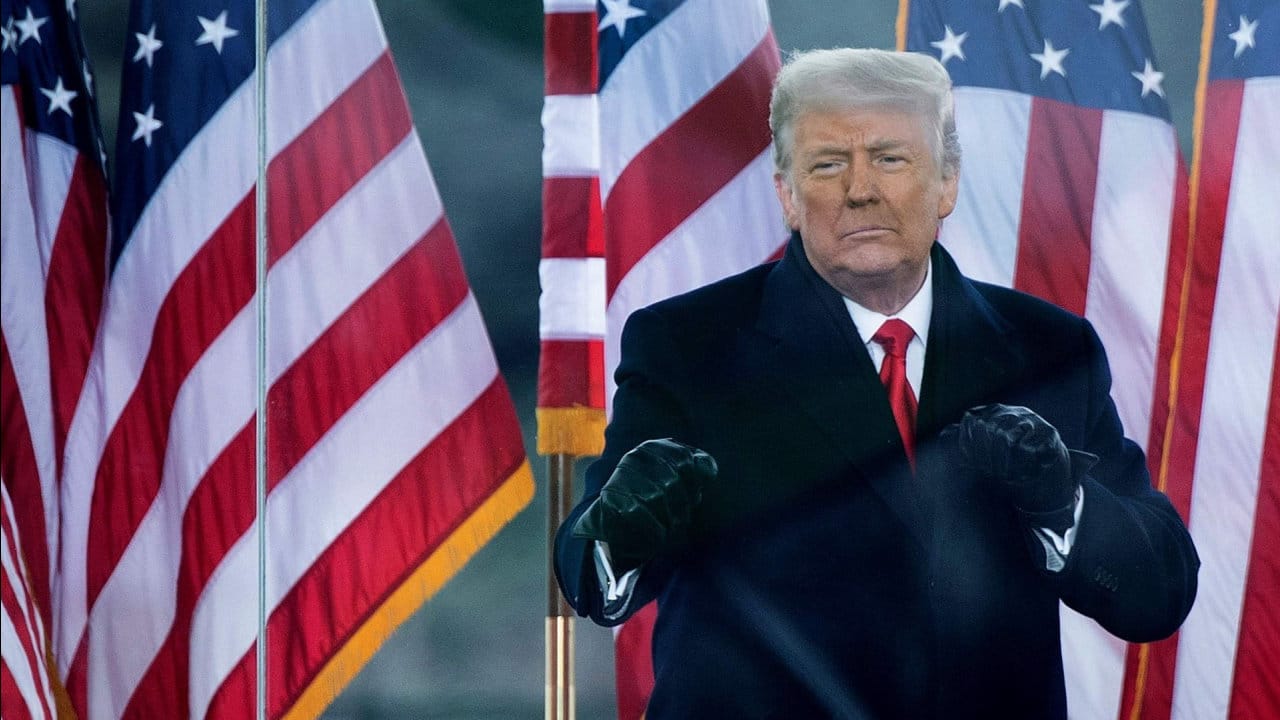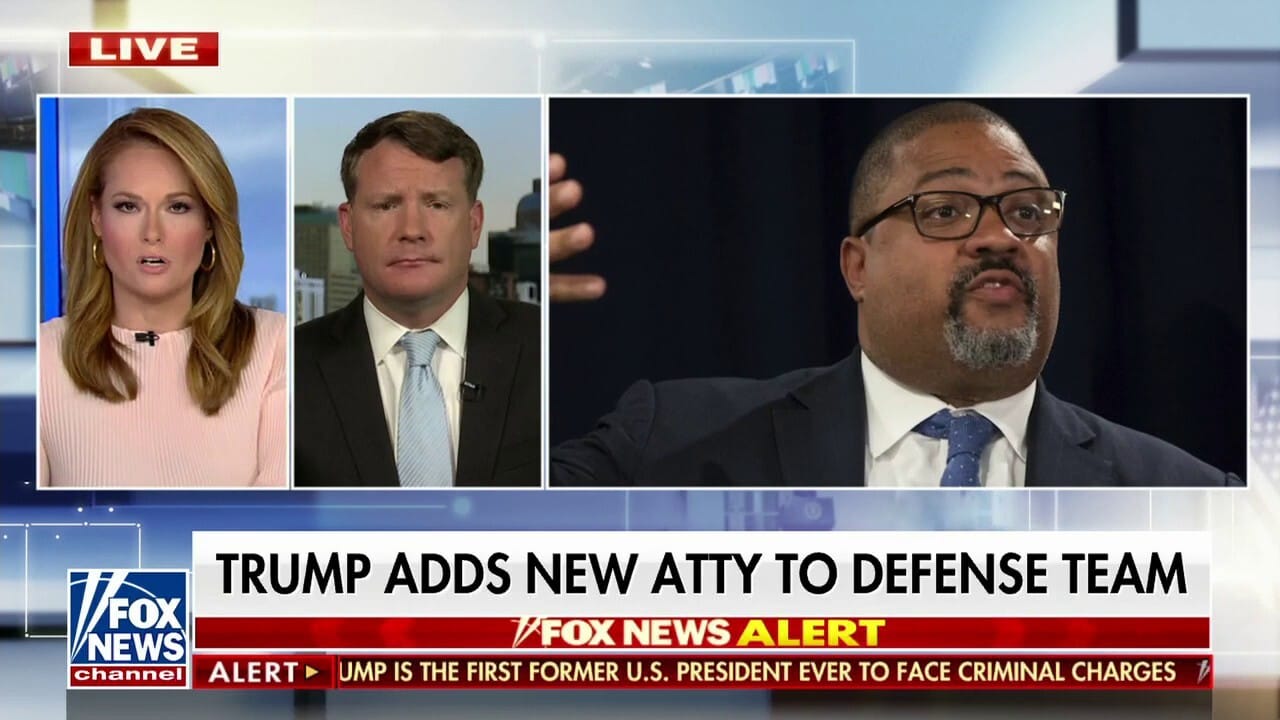In a series of remarks made during a rally, former President Donald Trump has expressed his belief that the recent attacks in New Orleans and Las Vegas are a direct consequence of the Biden administration’s open border policies. Trump’s comments come in the wake of violent incidents that have garnered national attention, prompting discussions about crime, immigration, and public safety.
Trump outlined his argument by stating that the lack of stringent immigration controls allows for an influx of individuals who may pose a threat to public safety. He referenced statistics that he claims indicate a correlation between increased crime rates and the current immigration policies. According to Trump, the absence of a secure border has led to a rise in gang violence and drug trafficking, which he believes are contributing factors to the violent incidents in these cities.
During the rally, Trump highlighted specific cases from New Orleans and Las Vegas, where he claimed that the perpetrators of recent attacks had connections to illegal immigration. While he did not provide detailed evidence to support his assertions, Trump called for immediate reforms to immigration policy, advocating for measures that would strengthen border security and reduce the number of individuals entering the United States unlawfully.
The former president’s remarks have sparked a renewed debate about the relationship between immigration and crime. Supporters of stricter immigration policies argue that uncontrolled borders can lead to increased criminal activity, while opponents contend that crime rates are influenced by a myriad of factors unrelated to immigration status. They argue that focusing solely on immigration oversimplifies the complex issues surrounding crime and public safety.
In response to Trump’s statements, some experts have pointed out that research does not support a direct link between immigration and increased crime rates. Studies have shown that immigrants are less likely to commit crimes than native-born citizens. Critics of Trump’s stance argue that using tragic incidents to push for stricter immigration laws can perpetuate harmful stereotypes and distract from the root causes of violence, which often include socioeconomic factors and lack of access to mental health resources.
As the discussion continues, local law enforcement agencies in both New Orleans and Las Vegas have emphasized their commitment to addressing crime through community engagement and targeted policing strategies. They have also highlighted the importance of building trust within their communities to encourage cooperation and reporting of criminal activity.
While Trump’s comments have resonated with his base, they have also faced criticism from various groups who argue that attributing crime to immigration overlooks the complexities of the issue. Many community leaders and activists advocate for comprehensive approaches that address the underlying causes of violence, including poverty, education, and mental health services.
The former president’s statements are likely to influence the ongoing discourse surrounding immigration policy as the nation approaches the next election cycle. With immigration remaining a polarizing topic, Trump’s remarks may galvanize supporters who favor more stringent measures while also energizing opponents who advocate for reform and a more compassionate approach to immigration.
In summary, Trump’s assertions linking the New Orleans and Las Vegas attacks to open border policies have reignited the debate over immigration and crime in the United States. As discussions unfold, it remains crucial for policymakers and community leaders to consider a broad range of factors contributing to public safety and to engage in constructive dialogue that addresses the needs of all communities.



